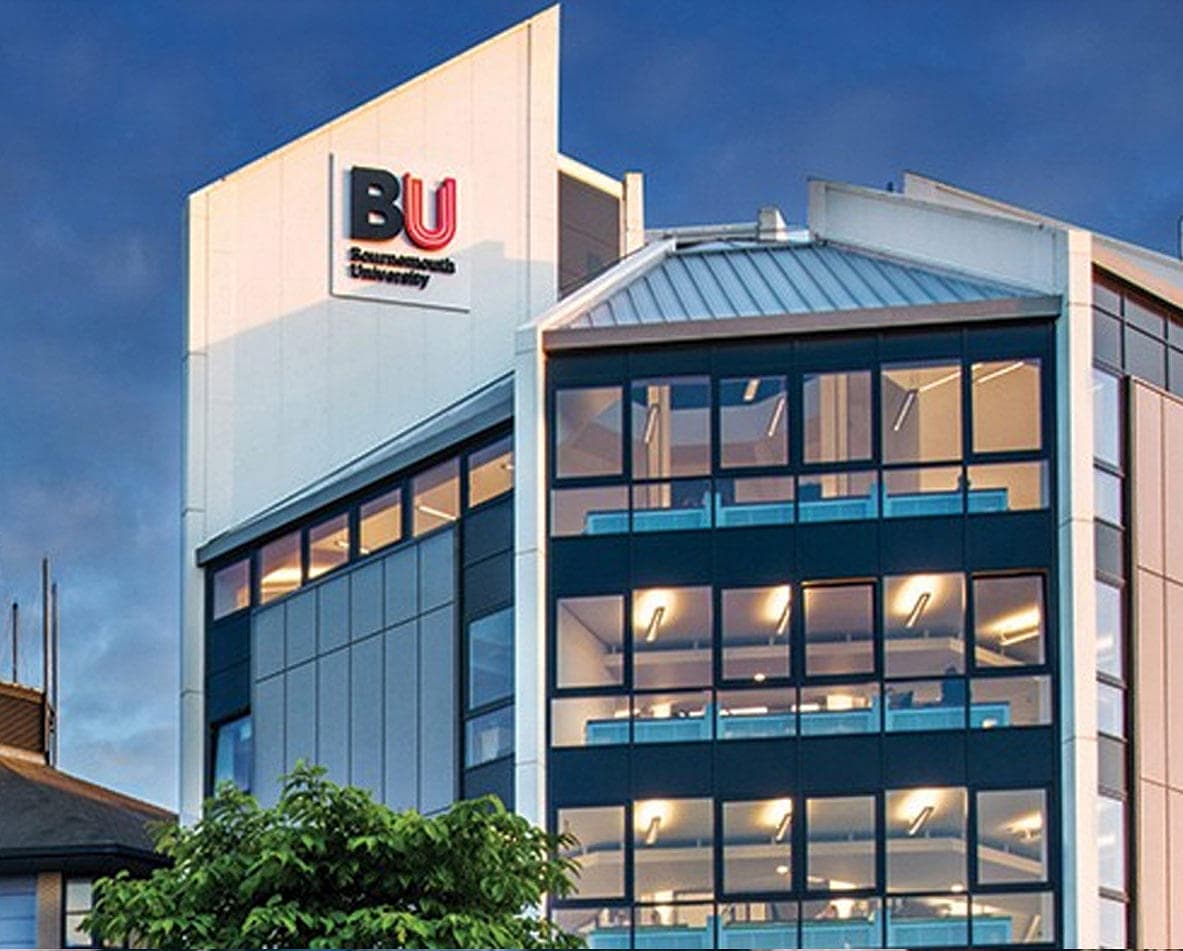Core units:
-
Data Management: The unit aims to explore modern data management applications and technologies. In particular, the unit aims to develop an understanding of data modelling and the design, implementation of data management solutions, evaluate current trends in data management and give introduction to data analytics techniques.
-
IT Management: Information technology (IT) is important to the activities, processes and components of all organisations. Effective managers must understand their current technologies and its effect on markets, products and services. You'll explore issues and options linked with managing information systems (IS) and IT today.
-
Human Centred Design: Computer-based interactive systems refers to as a spectrum of digital products, services and solutions interact with human users in business, social and global contexts. The primary success factor in implementing such systems is to involve the human perspective in all steps of the problem-solving process. You will learn how to design and develop such systems by applying human centred design principles and techniques and carrying out relevant activities in the planning and management to satisfy both business needs and its user requirements. It will also help you develop an understanding of interaction design process and best practices through the exposure to usability, user experience and other related fields.
-
Research Methods and Professional Issues: This unit will provide an overview of different research methods used to address clinical research questions. It will cover aspects of research design and how they apply to the question being asked whether the approach is quantitative, qualitative or mixed methods.
-
Individual Masters Project: You will develop an understanding of the characteristics and implications inherent in the solution of a complex, real-world problem within the context of a substantial, independently-conducted piece of work.
Option units (choose two)
Option units (choose one semester 1)
-
Cloud Computing: Cloud computing provides a secure infrastructure for systems integration, data processing and manipulation as well as storage. The concept of virtualisation including servers, storage and networks, as well as the cloud structure, services and deployment models will be discussed. Locally-based networks, IT resources/services and their migration to the cloud are elaborated and strategies for migration to the cloud will be explored.
-
Blockchain & Digital Futures: The objective of this unit is to develop your skills and knowledge about the Blockchain technology and its usage. The material, lectures and seminars includes defining the Blockchain technology, its business aspect, issues, objectives, and challenges, covering Blockchain horizontal and vertical scaling, key basics of cryptography required for understanding the Blockchain technology concepts, different cryptocurrencies, and their issues, challenges, and networks. The unit also covers a few data analysis-based Blockchain technology scenarios and case studies. The aim is to develop related skills and an understanding of critically evaluating the key issues, challenges, and existing solutions.
Option units (choose one semester 2)
-
Cyberpsychology: You will examine the impact of digital technology on individuals and groups and the implications for organisations and society. The unit will also explore the psychological factors relevant to cyber security and online behaviours and identify means of promoting safer user behaviour.
-
Persuasive Technology & Behaviour Change: This unit will focus on the use and design of Persuasive Technology (PT) denoting technology-assisted solutions for influencing the attitude and behaviour of individuals and groups. You will cover mainstream psychological theories of persuasion, influence, decision making and behaviour change besides their application on a wide range of domains including health, business and e-learning. We will also discuss the risks and ethical consideration of persuasion and essentials for informed decision making. Analysis and design methods for persuasive technology solutions will also be studied. Studied case studies include applications for encouraging the increase in physical activities, digital well-being, anxiety and stress management skills and sleeping quality. We will also discuss the use of PT in a business context such as increasing staff engagement, digital marketing, user retention and energy consumption reduction.
-
Accessibility & Assistive Technology: An introduction to the concepts of accessibility and assistive technology, exploring how technology can be used to support people with temporary, situational or lifelong disabilities by helping to overcome challenges to their self-care, educational, vocational and recreational independence. The aim of this unit is to provide you with an introduction to understanding diverse user needs, focusing on challenges caused by temporary, situational or lifelong disabilities. You'll also gather the skills and techniques necessary to conduct foundational, user-orientated research with people who have disabilities to inform the design of assistive technology that can help overcome challenges during specific tasks. You'll be trained in the ability to develop novel prototypes of inclusive assistive technology with an accessibility-first design philosophy combining advances in Human-Computer Interaction, Data, and AI.
Optional Industrial Placement: If you choose to take this opportunity, you will gain experience of working within an appropriate professional environment in line with the BU employability strategy.
Please note that option units require minimum numbers in order to run and may only be available on a semester by semester basis. They may also change from year to year.
Programme specification
Programme specifications provide definitive records of the University's taught degrees in line with Quality Assurance Agency requirements. Every taught course leading to a BU Award has a programme specification which describes its aims, structure, content and learning outcomes, plus the teaching, learning and assessment methods used.
Whilst every effort is made to ensure the accuracy of the programme specification, the information is liable to change to take advantage of exciting new approaches to teaching and learning as well as developments in industry. If you have been unable to locate the programme specification for the course you are interested in, it will be available as soon as the latest version is ready.
